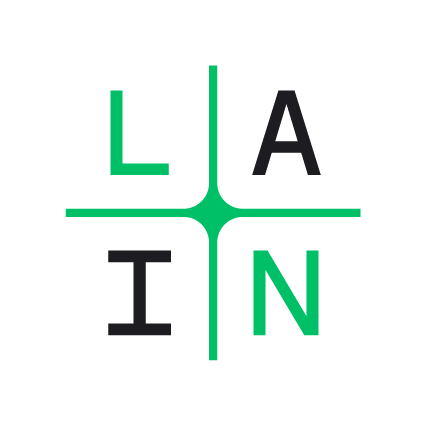New research by Greater London Authority will equip anchors to better support Black Londoners, Pakistani and Bangladeshi women into work
In this blog by Natalie Ntim, Senior Policy and Projects Officer for the Workforce Integration Network (WIN), at the Greater London Authority, she explains how the latest primary research is designed to spotlight labour market inequalities and make recommendations on how employers can make workplaces more inclusive.
Natalie outlines her research’s key findings and calls anchor institutions to action to better support Black Londoners, Pakistani and Bangladeshi women into work and at work.
Research is evidence
WIN’s latest research provides quantitative evidence that links reducing inequality and economic growth, a key priority for the Mayor and national government. Employer-led action on inclusive workplaces supports London’s Inclusive Talent Strategy and the Government’s Get Britain Working proposals to encourage underrepresented groups into work.
Our first report, Bridging the Gap: The Economic Case for Workforce Diversity in London, estimates the potential economic boost from a more diverse workforce, and highlights the value of focussing on groups most excluded from the labour market.
Reducing barriers for young and older Black men, Black women and Bangladeshi and Pakistani women can help create workplaces that benefit other underrepresented groups and all Londoners.
Our second report, Bangladeshi and Pakistani Women in Good Work: Barriers to Entry and Progression explores women’s career aspirations and the employment barriers they come up against, suggesting recommendations for employers and policymakers to support access to good work and progression, and strengthening London’s economy.
Research findings
Both reports aim to provide an evidence base for employers and policymakers about the benefits of taking intersectional, targeted action on employment inequality and inclusive workplaces, unlocking economic and social potential that would benefit all Londoners.
Bridging the Gap estimates that reducing the employment gap for racially minoritised groups could lead to:
290,000 more Black and racially minoritised people in work, including 113,000 more Black Londoners, of which 64,000 would be Black women, and 62,000 more Bangladeshi and Pakistani women
A potential £17.4bn boost to London’s economy through higher salaries
Bangladeshi and Pakistani women in Good work found that despite rising educational attainment, these women face persistent and complex barriers to accessing and progressing in good work, including:
Nearly half (48.1%) of Bangladeshi and Pakistani women were economically inactive in 2022, with unemployment rates more than three times higher than men from the same communities (16.9% v 5.5%)
Discrimination, exclusionary workplace cultures and lack of appropriate flexible working options
Additional challenges for migrant women, including language barriers, visa status, and lack of recognition for international qualifications
Together, these reports offer clear, actionable recommendations for employers on recruitment, pay gap reporting, training and flexible working.
Calling anchor institutions to action
These findings are an important call to action for anchor institutions, who play a vital role in shaping inclusive employment practices, both within their own organisations and as leaders in their industries. Workforces that reflect London’s diversity are better equipped to serve communities, foster innovation, and contribute to sustainable growth.
The reports provide robust evidence for prioritising workforce diversity and removing employment barriers for specific underrepresented communities. Programmes like WIN's Design Labs offer practical support to help employers identify and address these barriers, creating more diverse workforces and tackling labour market inequality. WIN’s work shows that improving employment opportunities for racially minortised groups is not just the right thing to do – it’s a strategic opportunity for businesses and good for the economy.
How you can help
The publication of these two reports is a timely opportunity for anchor institutions to reaffirm their commitment to tackling inequality and building more diverse workforces:
Reflect on the findings and take action on the recommendations in relation to their own organisations. Are senior leaders promoting the business case for diversity? Are Bangladeshi and Pakistani women represented in your workforce? Are there workplace practices that may create barriers to recruiting or retaining women from these communities?
Share the reports and key findings through networks, encouraging colleagues to consider how they support underrepresented groups, especially Black Londoners and Bangladeshi and Pakistani women.
Work with WIN projects like the Design Lab and Inclusive Talent Brokerage programme to review and redesign recruitment, progression and workplace culture to better support minoritised groups.

